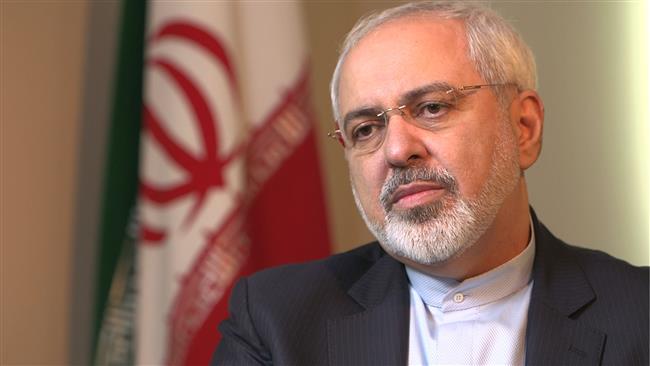Foreign Minister Mohammad Javad Zarif has said that political bickering in the US has nothing to do with Iran and that the American administration – not Congress – is responsible for enforcement of the nuclear agreement.
Zarif made the comment in New York, where he is to attend the 2015 Review Conference of the Parties to the Treaty on the Non-Proliferation of Nuclear Weapons (NPT) due to be held at the UN Headquarters from April 27 to May 22.
The following is a partial translation of what else the Islamic Republic News Agency (IRNA) quoted him as saying on the Lausanne agreement:
[…]
“We have said from the very beginning that [conclusion of an] agreement does not conform to sanctions. We have also stressed the fact that under the agreement we arrived at Lausanne, [anti-Iran] sanctions will be lifted and the UN Security Council will release a new resolution to nullify the previous resolutions [against Iran] as we implement the [Lausanne] agreement,” said the Iranian top diplomat.
He went on to say that what we agreed on during the Lausanne talks should turn – at this final stage [of the talks] – into a legally binding document to be implemented down the road.
As for the ballyhoo in the US Congress and bipartisan disputes over the nuclear agreement, Zarif said, “We have already said that the US government is responsible for implementation of the agreement and the problems and disputes inside the US have nothing to do with Iran and the implementation of the deal. Under international regulations, countries are not exempt from honoring their commitments due to their internal problems. This is a basic framework that is of high importance to us”.
He further said that we expect US officials to provide explanations on this [their interpretation of the Lausanne agreement], adding that we want to hear transparent and frank explanations [from Washington] on their in-house bickering and its possible impact on the implementation of the Lausanne agreement.
